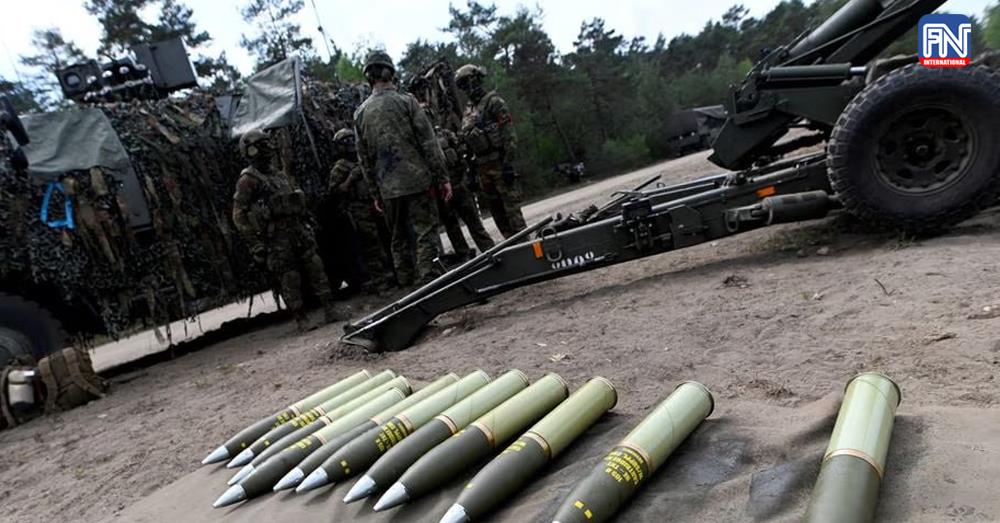BRUSSELS, March 6 (Reuters) - The European Union is edging closer to a landmark move into joint procurement of ammunition to help Ukraine and replenish members' stockpiles but major questions regarding funding and scale remain to be resolved.
EU defence ministers will this week discuss plans to speed up the supply of 155 millimetre ammunition to Ukraine, which is pleading for more such artillery shells to fight Russia's invasion, and to order more munitions together.
Hanno Pevkur, the defence minister of Estonia - which has led a push for the EU to order millions of shells - said he believed ministers would reach a "political consensus" to pursue joint procurement when they meet in Stockholm on Wednesday.
But he noted key issues were still up for debate, such as how to pay for joint purchases. Pevkur insisted EU members could not rely on funds already committed for military aid to Ukraine.
"We need a clear consensus that there has to be new money for this initiative," he told Reuters in a telephone interview.
Both sides in Ukraine are firing thousands of artillery shells daily but Russia can fire thousands more due to larger supplies, Kyiv and its allies say. They have also said Ukraine is using shells faster than its allies can produce them.
Sending shells to Ukraine has also badly depleted the stockpiles of Kyiv's allies, according to officials, although the exact levels are secret.
Pevkur warned joint procurement must not get bogged down by infighting between EU bodies. Various parts of the EU bureaucracy have been jostling over the concept in recent days.
If the project comes to fruition, it will be a significant step in EU integration as defence procurement has largely been the preserve of the bloc's individual member governments.
"You can see the next potential quantum leap in European integration in the area of defence," said an EU official in Brussels familiar with the discussions.
The official said things could move quickly, with a number of EU countries signing a so-called project arrangement - outlining the terms of a procurement plan - as soon as the end of this week and first contracts agreed around the end of April.
"That's ambitious but I think it's also realistic," said the official, who spoke on condition of anonymity.
EU officials are focusing their joint procurement ideas on artillery shells, rather than weaponry, for now as Ukraine has identified them as a particularly urgent need and they are more straightforward to produce than complex weapons systems.





